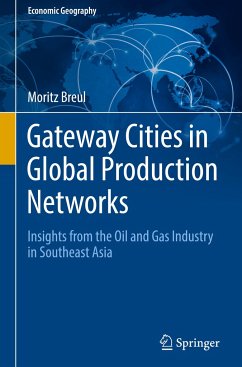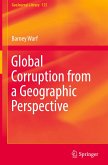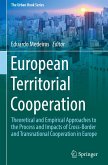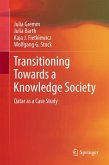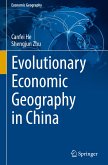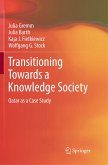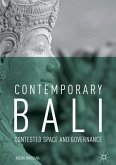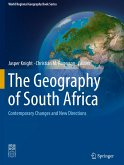This book provides a comprehensive analysis of the role of gateway cities in contemporary circuits of global production. Apart from facilitating the interlinking of economic activities in the surrounding regions with the global economy, gateway cities have enormous implications for how certain regions participate in the global economy. Based on a case study of the oil and gas industry in Southeast Asia the book maps gateway cities, explores why these cities have come to occupy a gateway role, and evaluates their implications for regional economic development. To this aim, the book links components from research on the World City Network with Global Production Network research and demonstrates how this intersection creates synergies for studying the role of cities in economic globalization. The main audiences that this book appeals to are researchers and students interested in debates on regional development and the role of cities in the global economy. The book is also attractive to scholars interested in the organization of extractive industries.
Bitte wählen Sie Ihr Anliegen aus.
Rechnungen
Retourenschein anfordern
Bestellstatus
Storno

